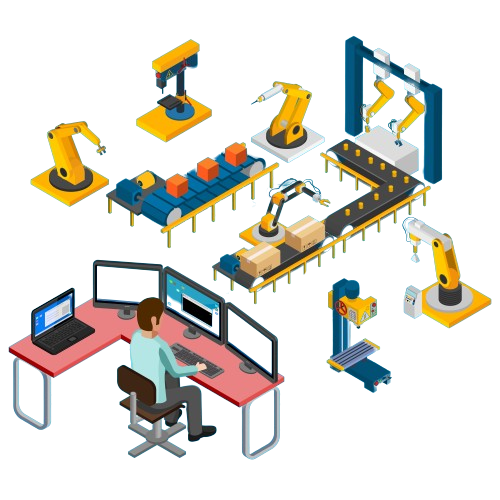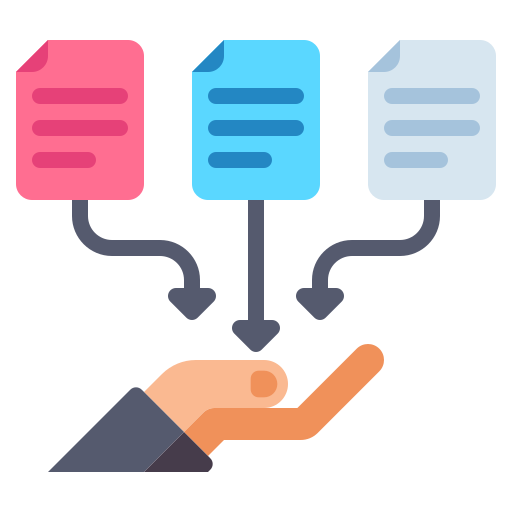
Elevate Your Business with RPA Solutions
NarneTech offers advanced Robotic Process Automation (RPA) solutions designed to streamline your business operations, automate repetitive tasks, and drive efficiency. Our customizable software empowers your organization to optimize workflows, increase productivity, and achieve significant cost savings. Discover the transformative power of RPA tailored to your specific business needs.
Explore RPA SolutionsWhy Choose RPA Solutions?
RPA solutions offer several key benefits for businesses

Process Automation
Automate repetitive tasks and streamline workflows to enhance operational efficiency.

Cost Savings
Reduce operational costs and increase productivity by eliminating manual effort.

Improved Accuracy
Ensure data accuracy and minimize errors with precise automation capabilities.
How RPA Solutions Work
RPA solutions work by

Task Automation
Automating repetitive tasks and processes to increase efficiency and productivity.

Data Processing
Processing large volumes of data quickly and accurately for informed decision-making.
.webp)
Integration
Integrating with existing systems and applications to enhance overall business functionality.
How RPA Helps and Drives Business Growth
Process Automation
Automate various business processes, reducing manual effort and minimizing errors.
Cost Savings
Increase efficiency and productivity while reducing operational costs.
Improved Accuracy
Ensure data accuracy and minimize errors with precise automation capabilities.
FAQ related to Robotic Process Automation (RPA)
Explore common questions about RPA systems to understand their functionality and benefits.




